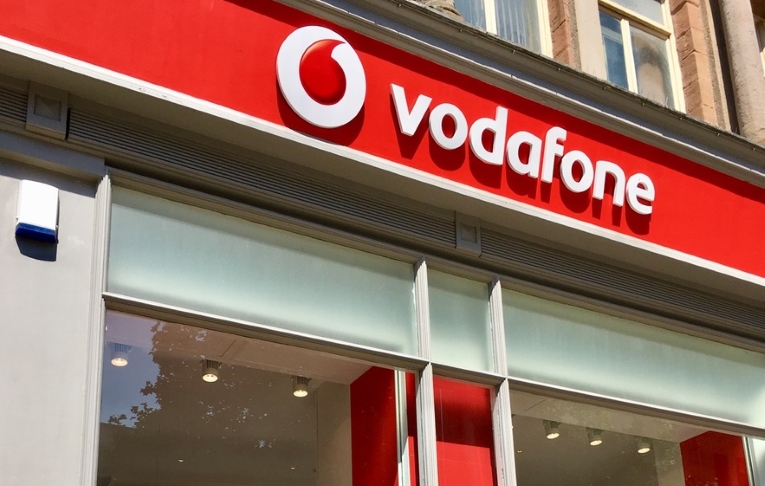Vodafone and Rolls Royce among large firms suspended from Prompt Payment Code for not paying suppliers on time

Posted: Sat 27th Apr 2019
A total of 17 big businesses have been either removed or suspended from a code through which the signatories commit to good payment practices to suppliers and paying 95% of invoices within 60 days.
The figures for the last quarter have been released today by the Chartered Institute of Credit Management (CICM), which administers the Prompt Payment Code (PPC).
Under new government rules, big companies are obliged to publicly report payment data and a result, CICM is reviewing whether businesses are meeting the standards of the code and paying suppliers promptly.
It said 17 companies have been removed or suspended and several household names are on the list.
These companies have been removed from the code for non-compliance and not providing a plan for improvement:
BHP Billiton: Global resources business
DHL: Global logistics business
GKN: Multinational aerospace and automotive components business
John Sisk & Son: International construction company
R. Twining and Company: Purchaser and seller of tea, coffee and other beverages
These businesses have been suspended for not paying suppliers on time, but have committed to make changes and pay suppliers promptly:
Atos IT Services UK&I: IT services business
Balfour Beatty: International infrastructure group
British Sugar UK: Producer of sugar
Costain: Construction and engineering company
Engie Services: Facilities management services company
Interserve Construction: Construction company
Kellogg Brown & Root: Facilities management and construction engineering company
Laing O'Rourke: International engineering business
Persimmon Homes: UK house building company
Rolls-Royce: Engineering business focused on power and propulsion systems
SSE: Electrical and telecoms provider
Vodafone: Telecoms company
Philip King, CICM chief executive, said the PPC Board was "disappointed with the actions of a minority who continue to treat their suppliers unfairly, and has no satisfaction in having to name them publicly".
He added: "As part of our work driving culture change to end late payments, we will continue to challenge signatories to the code if the obligatory payment practice reporting data suggests that their practices are not compliant with the code."
Late payment by large businesses a big problem
Today's news is the latest to reveal poor payment practices by large businesses towards their small business suppliers.
Earlier this month, Paul Uppal, the Small Business Commissioner appointed by the government to help small firms deal with late payment, publicly criticised health retailer Holland & Barrett and claimed it "doesn't care about its suppliers or take prompt payment seriously".
Commenting on the PPC report, Uppal said: "As a Prompt Payment Code Compliance Board member, I will continue to support Philip King and the board in removing or suspending noncompliant signatories from the code.
"It is essential the code has credibility and demonstrates a commitment to ensure small businesses are treated fairly.
"My team has already recovered more than £3.5m in late payments and is ready and available to support small businesses experiencing poor payment practices."
The government has announced measures aimed at tackling the problem of poor payment practices including threatening to prevent companies from winning public sector contracts if they don't pay suppliers within 60 days. Those rules come into force on 1 September.
But there have been calls for more to be done including allowing the Small Business Commissioner to fine persistent late payers.
Figures indicate that that up to a trillion pounds a year is tied up in unpaid bills and analysis of two million invoices by Xero showed that the average British small business is owed £24,841 in late payments on any given day.
Get business support right to your inbox
Subscribe to our newsletter to receive business tips, learn about new funding programmes, join upcoming events, take e-learning courses, and more.
Start your business journey today
Take the first step to successfully starting and growing your business.
Join for free
